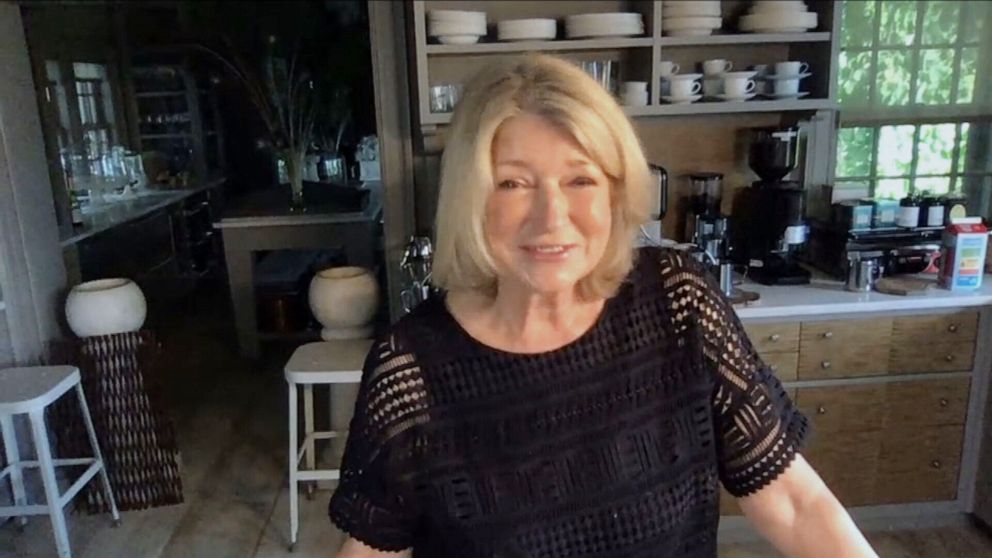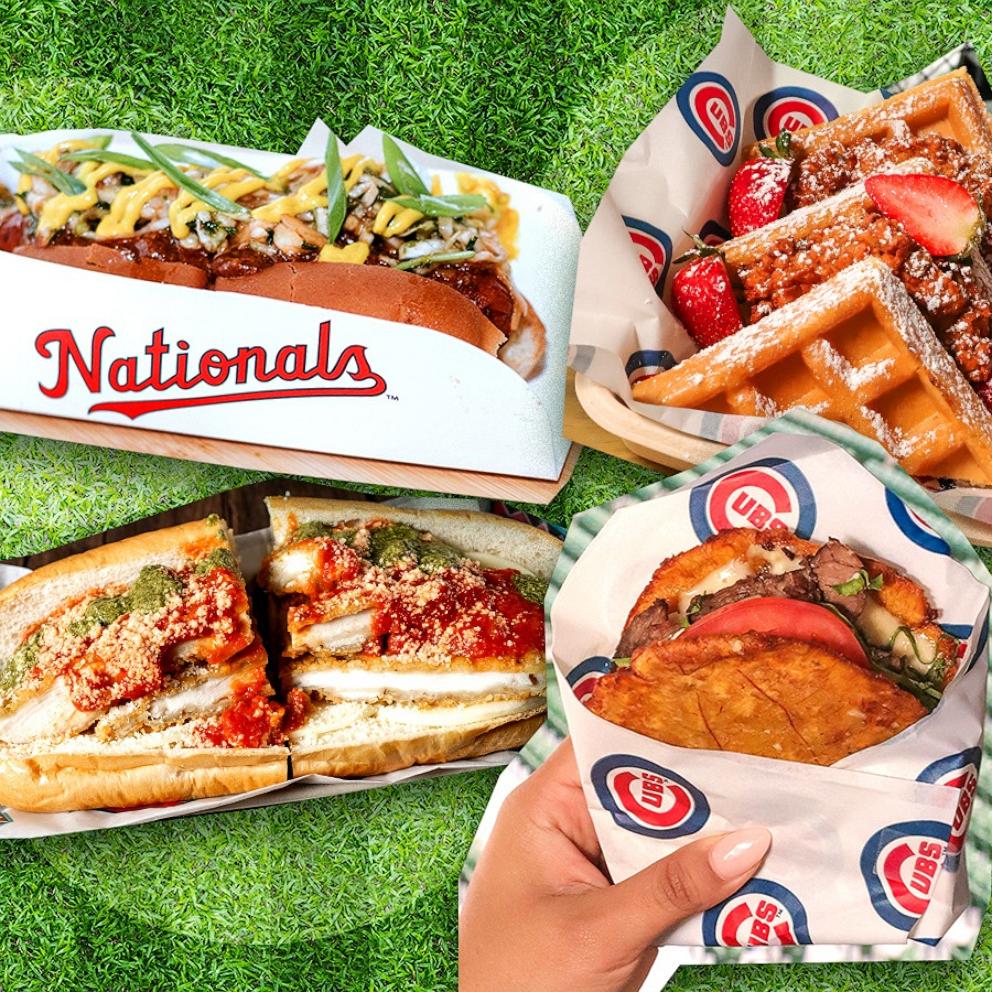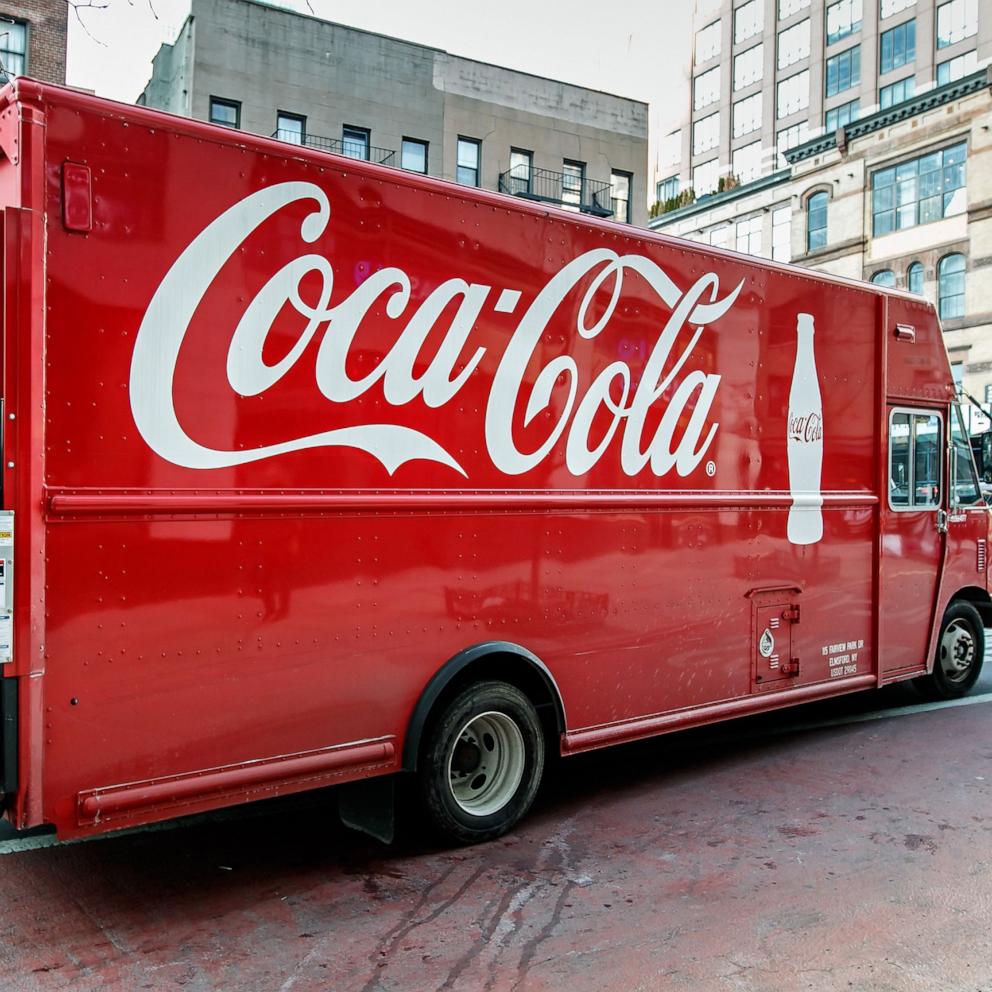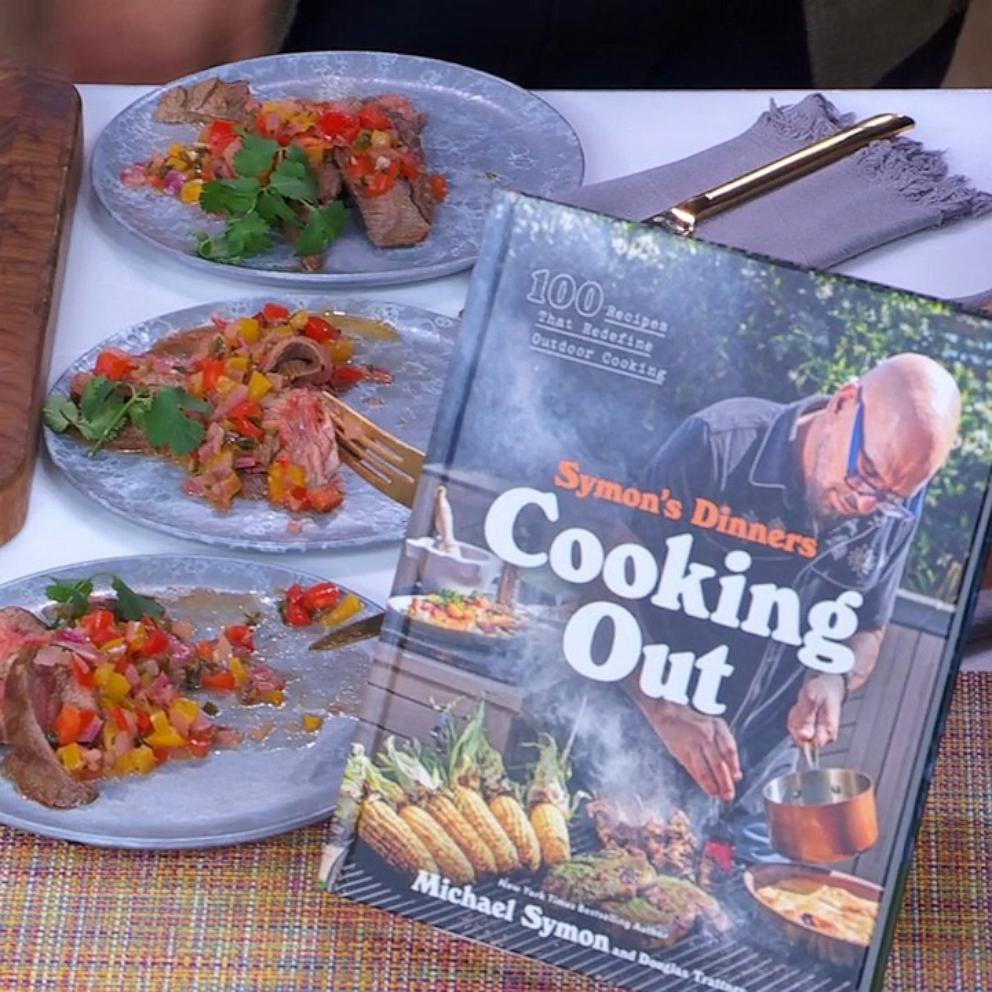Martha Stewart reveals her golden rule of baking

Martha Stewart is known for helping people elevate their everyday and even quarantine can't stop her from cooking up new ideas.
Stewart joined "Good Morning America" on Wednesday from her home in Bedford, New York, where she has shared plenty of updates on social media of her food, farm and family throughout the pandemic.
"I cut my hair myself the other day with a little bit of instruction from my dear friend Frederic Fekkai," she said, casually name dropping the expert French hairstylist. "I follow all my facialist's recommendations -- whatever she tells me to do, I do it. And I use those masks, CBD masks at night to keep your face nice and glistening."
During this time Stewart said she has been cooking constantly and enjoying time with her three staffers and housemates.
"I call them my detainees," she said with a laugh. "My gardener, my housekeeper and my driver have chosen to live with me during this time so last night was dinner number 58 -- Every now and then we imbibe."
She said they have made delicious cocktails like pomegranate margaritas and the table is set with fresh flowers from her picturesque garden at every meal.
But the businesswoman has also launched her latest Food Network show, "Bakeaway Camp with Martha Stewart," that helps people achieve their baking best.
"I bake and I bake and I bake, but 58 dinners with the same three people every night."
Martha Stewart's Best Baking Tips
"My golden rule for baking is make it cold and bake it hot," she said.
Use Grated Butter for Flakey Crust
The food and lifestyle maven said that using frozen butter over a box grater creates perfect size pieces.
"You'll have no problem with it making the most beautiful flakiness -- in biscuits, scones, pie crusts and other laminated doughs."
Simple Substitute for Buttermilk
"I rarely buy buttermilk any longer," she said adding that instead she has found a way to "make it at home out of whole milk and the addition of vinegar."
If a recipe calls for a cup of buttermilk, Stewart suggests using three-quarters of a cup of milk and a quarter of a cup of vinegar.
"I like rice wine vinegar. Don't buy the seasoned kind, just pure natural rice wine. You can also use a cider vinegar," she said. "It's curdy in a couple of minutes. If you let it sit longer it gets thicker and thicker."
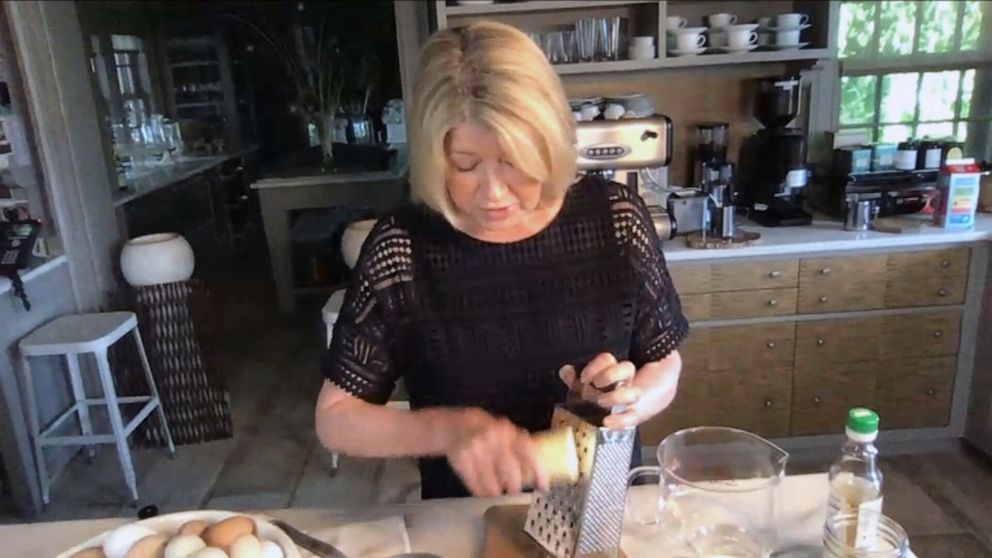
Baking Powder Freshness Test
Baking powder is activated by a combination of heat and moisture. Test baking powder by mixing 1 teaspoon of baking powder with 1/3 cup hot water. If the baking powder is fresh, the mixture should produce lots of bubbles. Be sure to use warm or hot water; cold water will not work for this test.
Use baking powder when making biscuits, muffins, etc.
Rock Hard Brown Sugar
Brown sugar can get hard when the molasses coated sugar crystals are exposed to the air and the moisture evaporates. To combat the small granules that form into a hardened mass, Stewart suggests the following.
To soften, start by always using an air-tight container to store brown sugar.
Use a terra cotta shard that has been soaked in water and seal it in with the brown sugar to help soften it up. Similarly, you can use a slice of bread or a slice of apple in the container can also lock in the moisture.
Microwave the brown sugar rock wrapped in a wet paper towel.
How to Make Brown Butter
It feels like a magic trick every time. Brown butter is a simple one-ingredient sauce that can transform all kinds of recipes. In mere minutes, a stick of unsalted butter melts, then simmers and sputters, transformed into a fragrant and impossibly silky brown sauce. As soon as the foam subsides, the milk solids darken and fall to the bottom of the pan, an unmistakable nutty aroma fills the air, and you're well on your way to better, bolder-flavored food.
You've probably had it spooned over pasta or seafood, but it also adds dynamic depth to hollandaise sauce, chicken pot pie, humble glazed radishes, even lemony crinkle cookies. So roll up your sleeves and get cooking! You'll be browning butter for breakfast, lunch, dinner, and dessert.
Melt butter in a saucepan over medium-high. When it boils, reduce heat to medium; simmer until foamy. Continue cooking, stirring occasionally and scraping bottom of pan, until foam subsides, butter turns golden brown with a nutty aroma, and milk solids separate into brown specks that sink to bottom, 2 to 7 minutes (depending on amount). Remove from heat; immediately transfer to a heatproof bowl unless otherwise noted in recipe (butter may burn if left in hot pan).
Unexpected items that come in handy when baking
Dental floss can be used to even off the dome of a cake.
Rasp, a wood working tool, can be used for grating zest.
